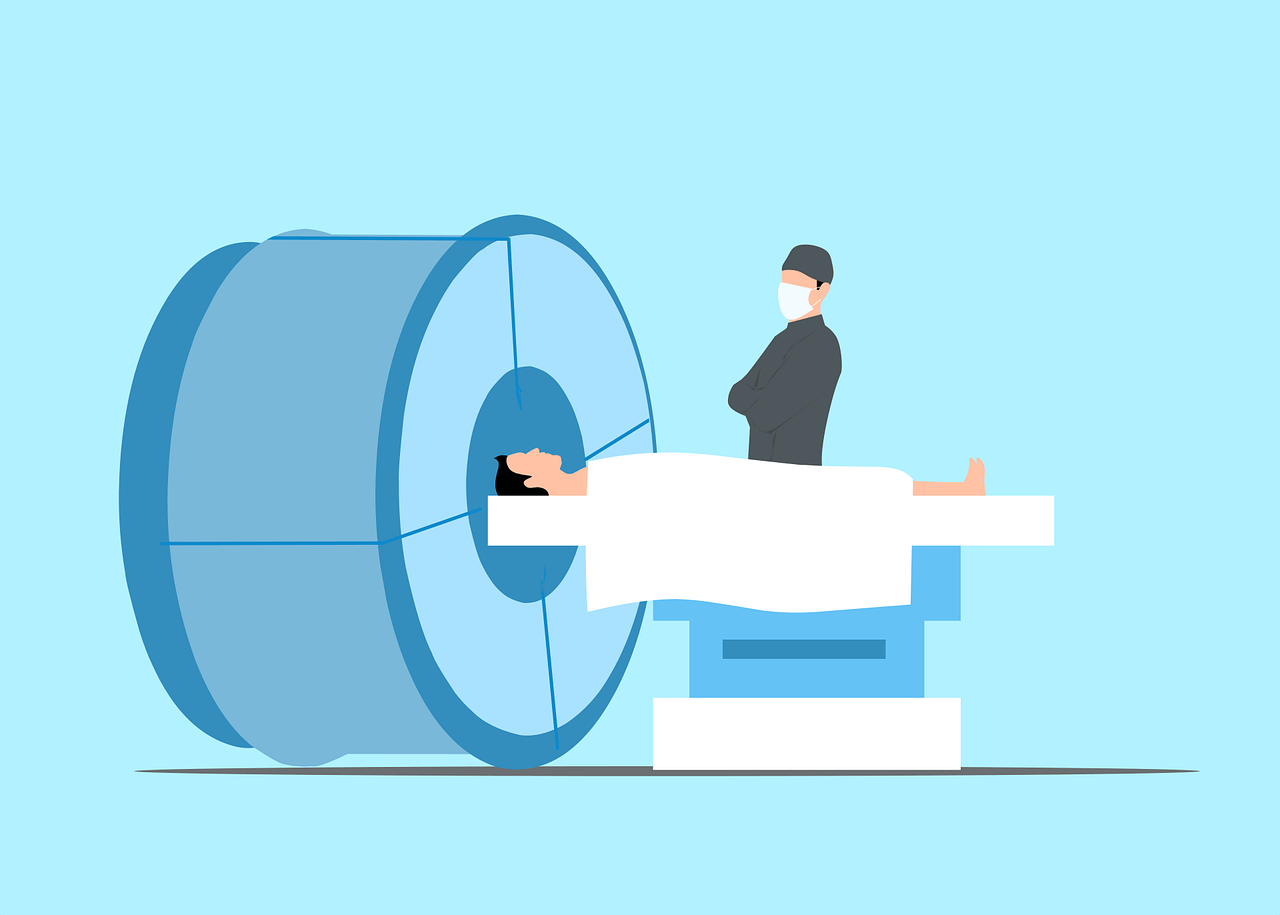
Do you really have to sacrifice MRI image quality for speed?
By: Karen Holzberger, President & CEO of SpinTech MRI

To understand the significance of the SpinTech MRI STAGE software platform, it helps to begin by asking a question: Given that MRI is an incredibly powerful diagnostic tool for neurological diseases like Alzheimer’s, dementia, Parkinson’s and multiple sclerosis (MS), why have radiologists and neurologists had to choose between conducting faster MRI exams and obtaining higher-quality images and biomarker data to guide treatment?
There are multiple practical, clinical and financial reasons for the trade-off, starting with supply-and-demand. Supply includes machine availability and the number of hours in a day. For example, one of the most common MRI protocols — a routine brain scan without the use contrast — typically takes at least 20 minutes. That’s just for image and data acquisition and doesn’t include machine and patient preparation time or rescans needed to correct for motion artifacts. The use of contrast or additional scanning protocols can add another 30 to 90 minutes.
Time and workflow pressures also make acquiring and interpreting quantitative data for enhanced biomarker detection a practical impossibility for most radiology departments. That data can be used for Quantitative Susceptibility Mapping (QSM), which allows for greater image clarity and differentiation of brain tissues. QSM can be invaluable for the diagnosis and treatment of neurodegenerative diseases. Unfortunately, most imaging facilities haven’t had workflow-integrated tools to collect and interpret these types of data.
On the demand side, the use of MRI is growing as the U.S. population ages. For example, a recent study by researchers at Columbia University published in JAMA Neurology found that about more than 30 percent of Americans aged 65 and older have dementia or mild cognitive impairment. Growing demand combined with staffing shortages and decreasing reimbursements is worsening already high rates of professional burnout among radiologists and other physicians.
Accept The Compromise?
Faster scans are desirable for reasons beyond keeping pace with demand. More exams each day improves patient access as well as the ROI on MRI machines costing $1 million or more. Shorter exams also improve experiences for patients who are unable to hold still – such as pediatric patients and those with motion disorders – or who cannot tolerate long periods in the confined space of an MRI machine.
However, image quality typically decreases with shorter exams, with less detail, more noise, and little or no usable biomarker and QSM data available for physicians and surgeons. Most radiologists and neurologists have accepted the compromise because of the clinical value that MRI provides for detecting, diagnosing and treating Alzheimer’s, dementia, Parkinson’s, multiple sclerosis, traumatic brain injury (TBI), stroke and cerebral microbleeds (CMB) and other brain diseases.
That value has even prompted radiologists to explore physical changes to MRI facilities to improve workflow efficiency and reduce the time between scans to increase patient throughput. For example, a study published in 2019 in the American Journal of Roentgenology found that the use of portable, dock-able tables, dedicated patient preparation rooms, two doors in each MRI room, and re-positioning the scanner to reduce the number of steps to the machines could save about 5 minutes and 28 seconds per patient. As radiology publication AuntMinnie.com noted, “Five minutes might not seem like much time, but taking 300 fewer seconds to turn around an MRI suite to accommodate the next case can improve workflow, better serve patients, and add to a facility’s coffers.”
A Better Solution
SpinTech MRI is applying its deep expertise in the physics underlying MRI to overcome the challenges that have required the trade-offs. In coming blog articles, we’ll explain how the STAGE platform is enabling physicians to harness the full power of MRI by reducing scan times while increasing image clarity and access to usable quantitative biomarker data within existing workflows. We’ll also describe the substantial productivity and financial benefits that STAGE is delivering in clinical settings.

